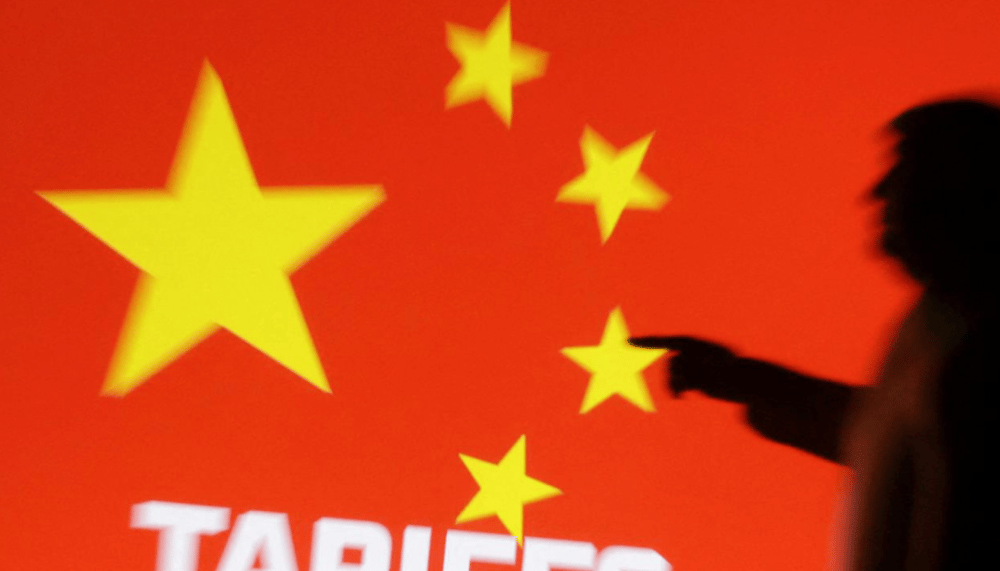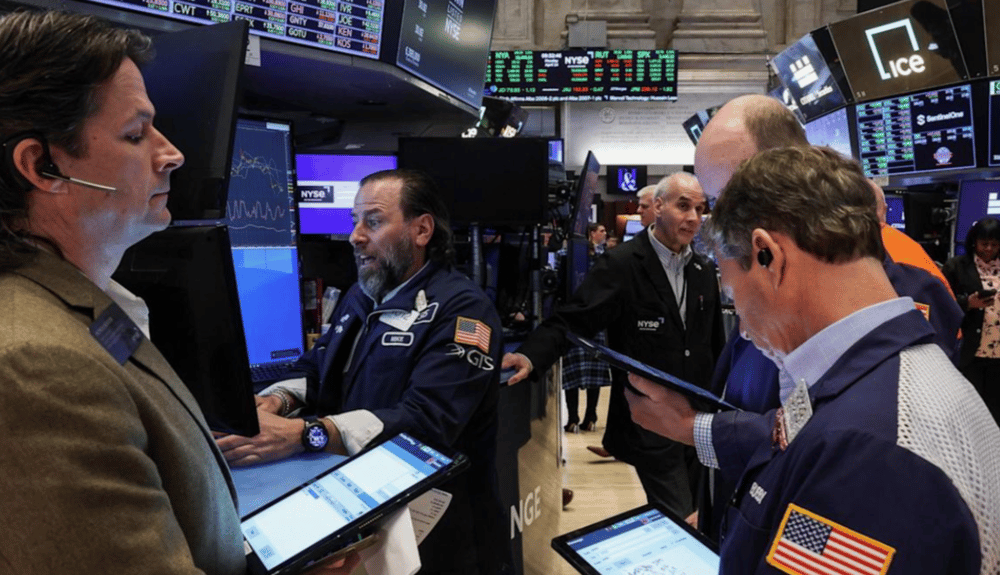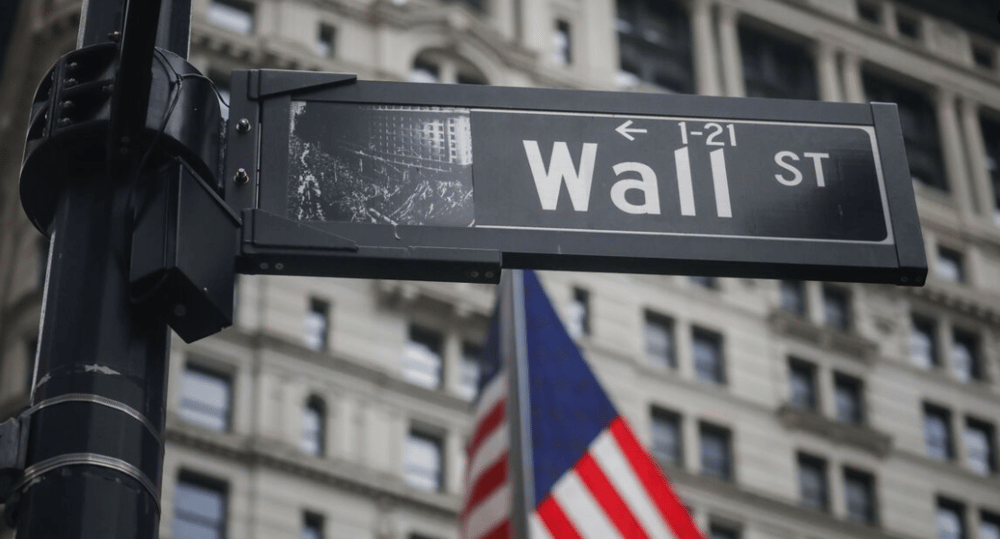US Durable Goods Orders Drop Sharply Amid Tariff Uncertainty Impacting Business Investment
In April, new orders for core capital goods in the United States experienced their steepest decline in six months, signaling a contraction in business investment at the outset of Q2 2024. The downturn reflects escalating economic uncertainty driven by shifting tariff policies, which have complicated supply chain management and capital planning for US companies. This development poses implications for the broader economic outlook, particularly in relation to manufacturing activity and corporate spending on equipment.
Tariff-Driven Uncertainty Dampens US Business Equipment Expenditures
The US Department of Commerce’s report released Tuesday revealed a notable drop in shipments of key capital goods in April, underscoring a slowdown in manufacturing output and investment. These capital goods, essential for production processes across various industries, often serve as a bellwether for future economic growth. The decline in orders and shipments suggests companies are exercising caution amid volatile trade conditions.
Economists attribute this softening in demand primarily to the unpredictable environment created by President Donald Trump’s frequent tariff adjustments on imported goods. The fluctuating tariffs disrupt procurement strategies and elevate costs, compelling firms to delay or scale back investment in machinery and equipment. Consequently, business confidence has deteriorated, adversely affecting the pace of capital expenditures.
This decline in durable goods orders—orders for long-lasting physical products such as machinery and equipment—may presage slower economic growth if firms continue to defer investments amid ongoing trade tensions and policy uncertainty.

Key Facts
April’s new orders for core capital goods in the US dropped sharply, the largest fall in six months
Shipments of these essential capital goods also decreased, indicating reduced manufacturing output
Uncertainty driven by shifting US import tariffs under President Trump negatively affected business confidence
Durable goods orders serve as indicators for future corporate investment and economic activity
Companies face difficulty in planning due to changing tariff policies, impacting equipment expenditures
Market Reactions and Economic Implications of Slowing Capital Goods Orders
Financial markets and analysts responded to the report by reassessing near-term growth prospects for the US economy. The contraction in core capital goods orders contributed to heightened concerns about weakening business investment, a critical driver of productivity and expansion. Equity markets, particularly industrial and manufacturing stocks, showed increased volatility as investors digested the implications.
Market commentators noted that the tariff-induced uncertainty exacerbates challenges for supply chain management, raising input costs and compressing profit margins. These factors discourage companies from committing to large-scale equipment purchases, directly influencing durable goods demand and broader capital formation.

Key Takeaways
Sharp decline in US core capital goods orders signals a potential slowdown in business investment.
Tariff volatility under President Trump’s trade policies increases planning difficulties for firms.
Reduced shipments reflect both current production constraints and softened demand for equipment.
Market volatility has risen, especially in industrial sectors sensitive to trade policy shifts.
Prolonged uncertainty may hinder corporate capital expenditures, affecting US economic growth outlook.
Significance of Durable Goods Orders Decline Amid Trade Tensions
The April drop in US core capital goods orders highlights the tangible impact of tariff uncertainty on business investment decisions. As firms grapple with an unpredictable trade environment, capital expenditures on machinery and equipment have stalled, raising concerns about the sustainability of economic expansion in the near term.
This episode underscores the importance of stable trade policies to maintain investor confidence and promote steady investment flows. The interplay between tariff adjustments and durable goods demand will remain a key factor shaping US manufacturing and growth dynamics moving forward.















Comments
This sale could reshape how automation is leveraged as a strategic asset in the tech industry
We're witnessing a strategic realignment where automation drives both growth and resilience